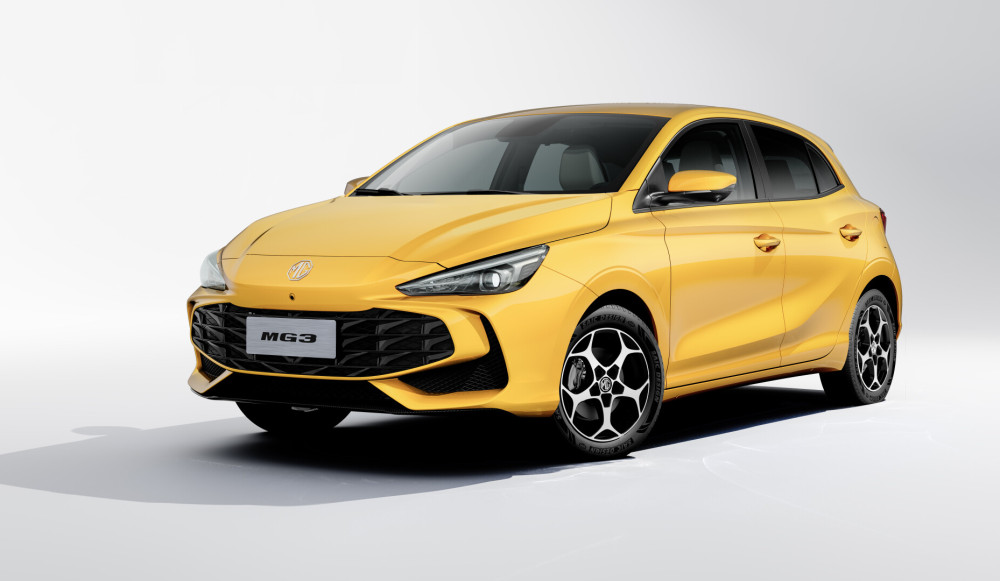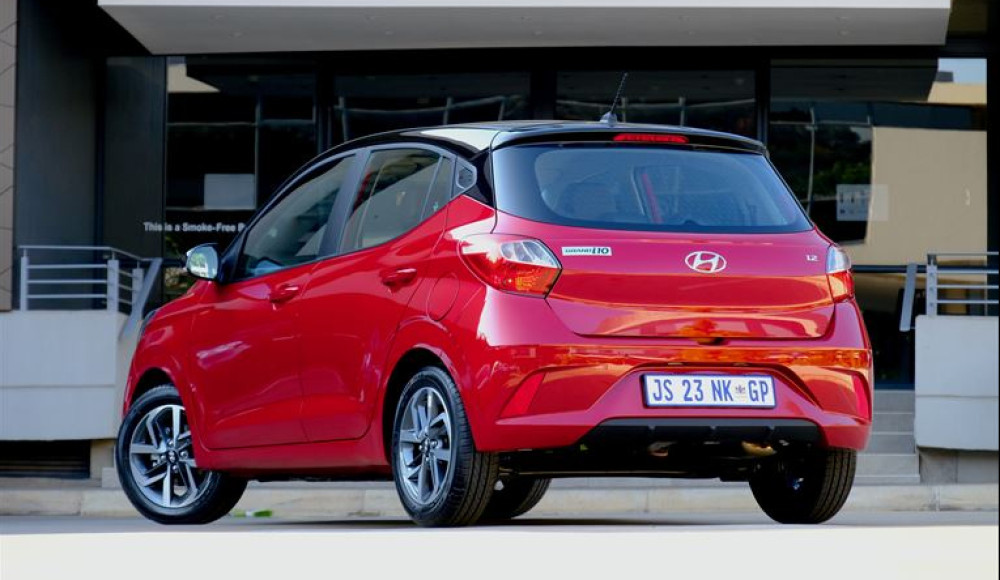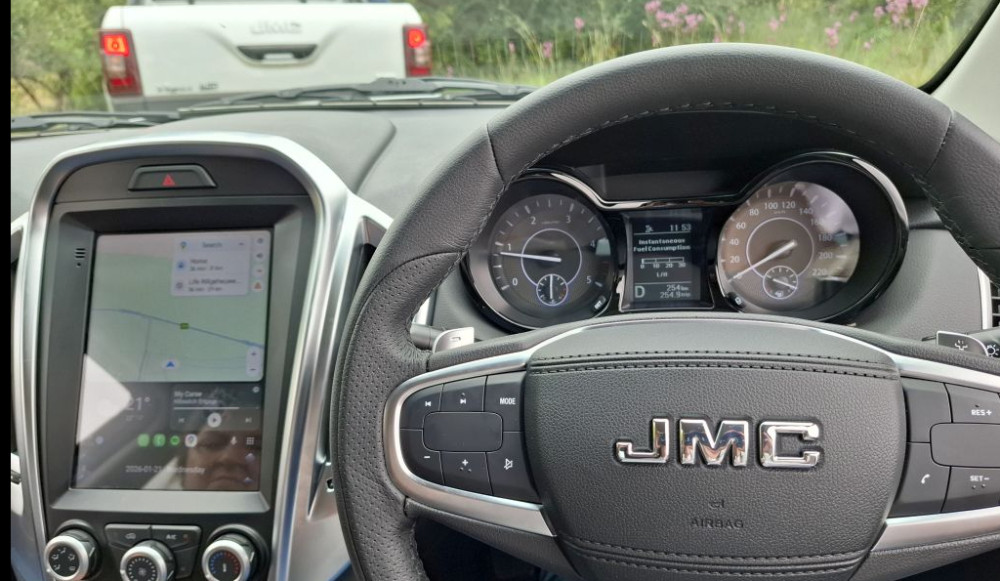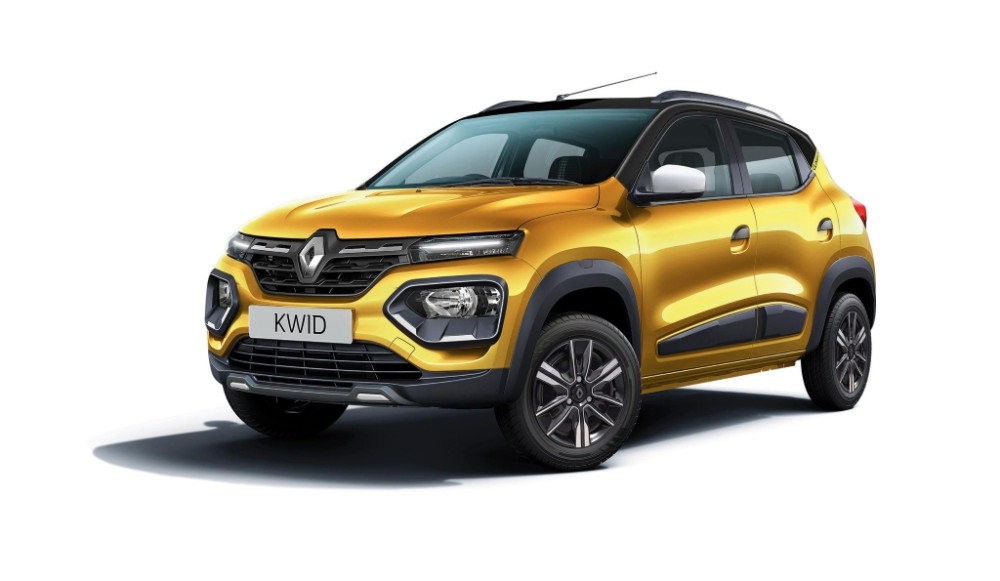In recent years, e-hailing services have transformed the transportation landscape in South Africa. With just a few taps on a smartphone, passengers can now summon a ride from the comfort of their homes, making getting around more convenient than ever before.
E-hailing gained popularity in South Africa in the early 2010s with the introduction of companies like Uber and Bolt. These platforms have quickly become household names, offering a reliable alternative to traditional taxis. The convenience of cashless payments, real-time tracking, and the ability to rate drivers has made e-hailing a preferred choice for many South Africans.
Click here to find the perfect car for your needs
One of the key factors driving the rise of e-hailing services is urbanization. As more people move to cities like Johannesburg, Cape Town, and Durban, the demand for efficient transportation options has surged. E-hailing services have stepped in to fill this gap, providing easy access to rides at all hours of the day and night.
Moreover, e-hailing has introduced a level of flexibility that traditional taxi services often lack. Passengers can choose their preferred type of vehicle, from economical options to luxury rides, catering to various budgets and needs. This flexibility is particularly appealing to younger generations who value choice and convenience.
Safety has also played a significant role in the popularity of e-hailing. Many passengers feel more secure using these apps, as they can share their trip details with friends and family, track their driver’s location, and read driver ratings before getting into a vehicle. This added layer of security has made e-hailing especially popular among women and those traveling alone.
However, the rise of e-hailing services hasn't come without challenges. Traditional taxi drivers have raised concerns about competition, leading to protests and calls for regulation. The South African government has been working to create a framework that balances the needs of both e-hailing services and traditional taxi operators, aiming to ensure fair competition and safety for all users.
Despite these challenges, the future of e-hailing in South Africa looks promising. As technology continues to evolve, we can expect innovations such as electric vehicles and enhanced app features that will further improve the e-hailing experience. The ongoing demand for convenient and safe transportation options suggests that e-hailing services will remain a vital part of South Africa's transportation system for years to come.
Get the best insurance quote for your vehicle here
The rise of e-hailing services has reshaped how South Africans travel, offering a modern solution to urban mobility challenges. With their growing popularity, these services are set to play an increasingly important role in the country’s transportation landscape.
Mpho Mahlangu, in association with
proudly CHANGECARS












